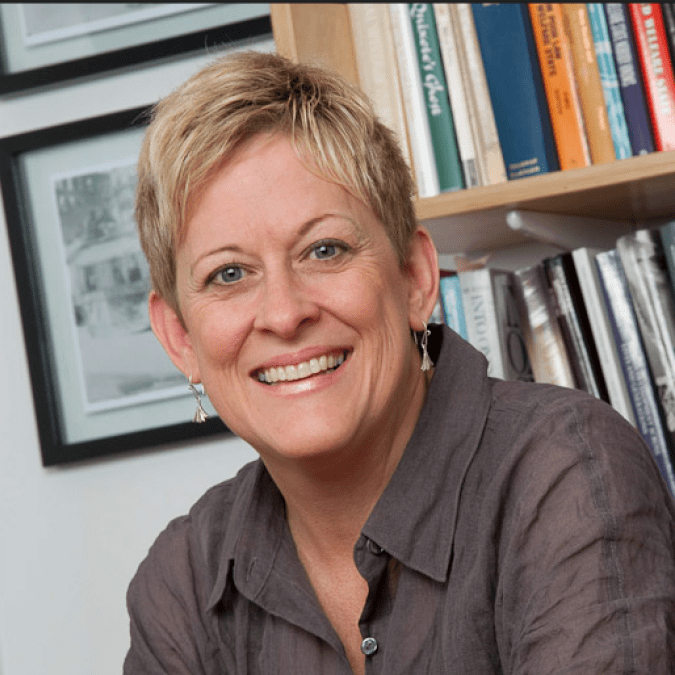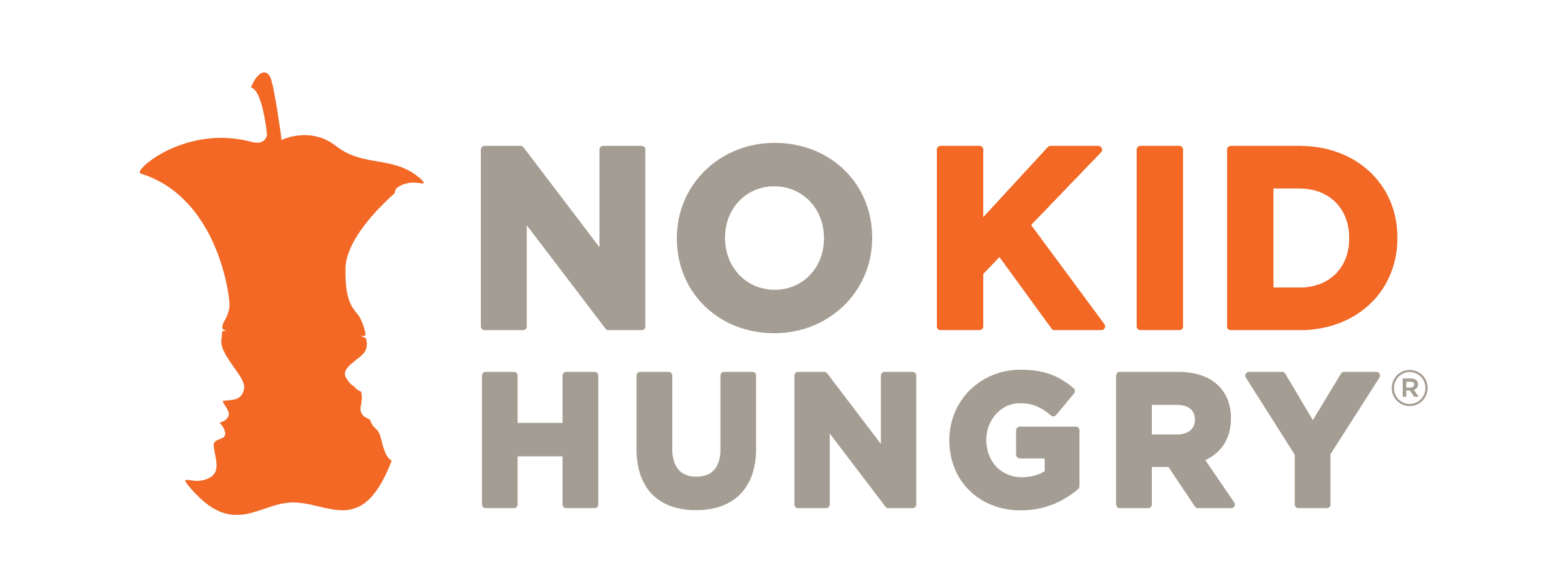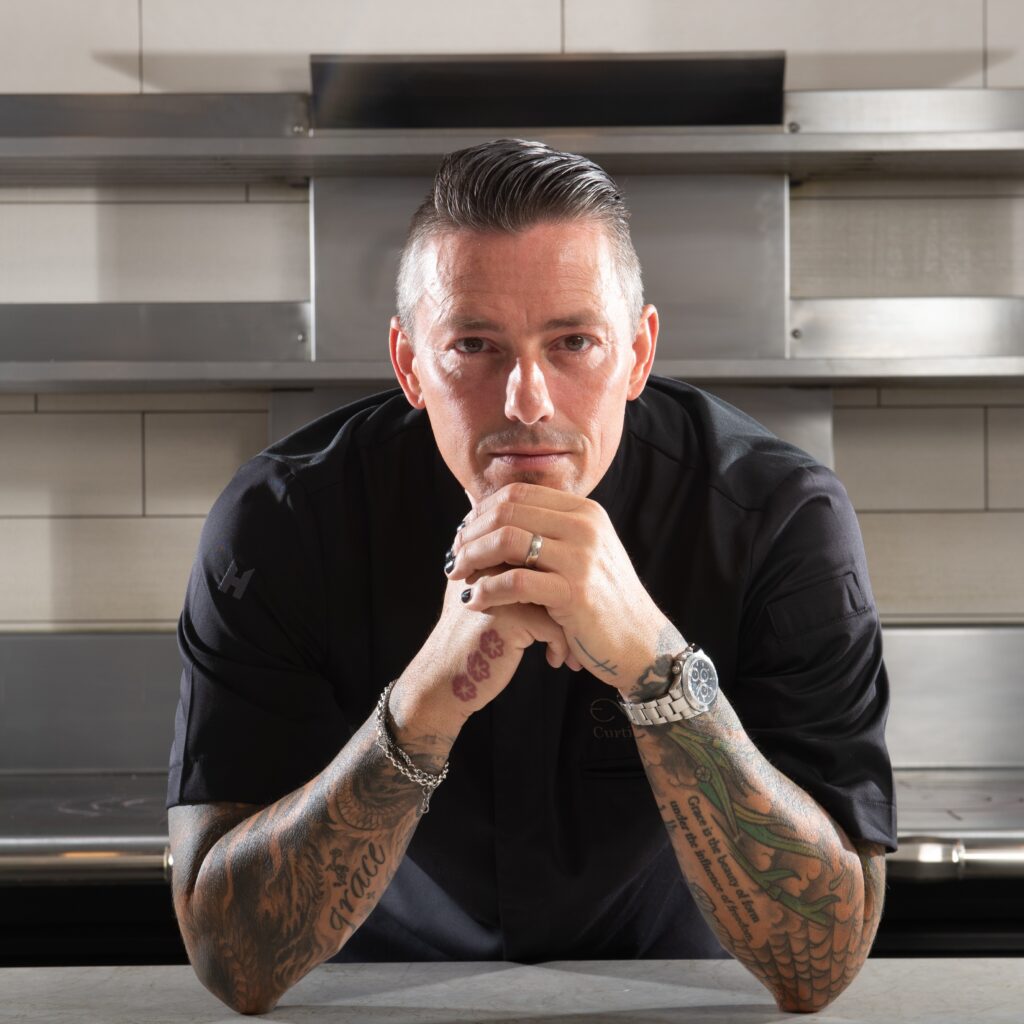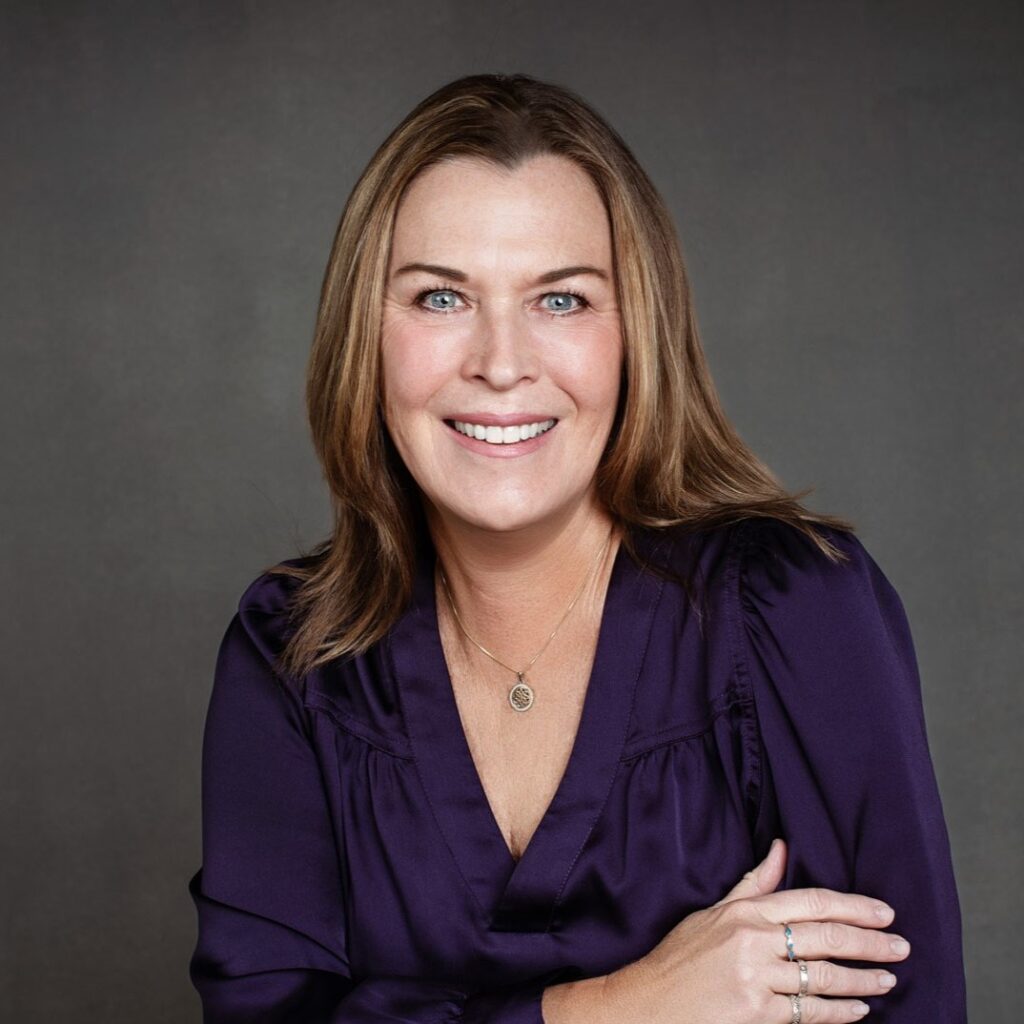
Living on $2 a Day: Poverty and Food Equity in America
To start the new year, we are revisiting one our most important episodes of Add Passion and Stir when we...
About This Episode
To start the new year, we are revisiting one our most important episodes of Add Passion and Stir when we spoke with sociologist, poverty expert and author Kathy Edin ($2 a Day: Living on Almost Nothing in America) and Washington, DC area social entrepreneur Tom McDougall of 4P Foods have a powerful and timely discussion with Share Our Strength founders Billy and Debbie Shore about poverty in America. Kathy and Tom illustrate how our current systems - political, social, economic, geographic - keep poor people from succeeding. They argue for more equity in our social programs and a more dignified way of serving the poor. Kathy shares stunning statistics and touching anecdotes of the impoverished families with whom she has worked. When she asked one young girl what it was like to be hungry, her response was, "It feels like you want to be dead, because it’s peaceful when you’re dead." Tom believes, "We can't talk about fixing the food system unless we talk about money and politics... subsidies... institutional racism... the history of farming. … If we move the needle just a tad on food equity, it means we're moving a lot of other needles along the way." In Kathy’s work, she found that, "When it comes down to it, what people seem to want more than anything else is dignity. ... but a lot of our social policies deny people that.” Hear their recommendations on what we can do as individuals and as a nation to improve these dire circumstances for the poor in America.Resources and Mentions:

Kathryn J. Edin
Professor of Sociology and Public Policy
Kathryn Edin is one of the nation’s leading poverty scholars and author of many books on the topic. She is the William Church Osborn Professor of Sociology and Public Affairs at The Princeton School of Public and International Affairs and Director of The Bendheim-Thoman Center for Research on Child Wellbeing.

No Kid Hungry
http://nokidhungry.org/Share Our Strength’s No Kid Hungry campaign is ending child hunger in America by ensuring all children get the healthy food they need, every day.
$2 a Day: Living on Almost Nothing in America
http://www.twodollarsaday.com/This revelatory book was the New York Times Notable Book of the Year, winner of the 2016 Hillman Prize for Book Journalism, a finalist for The Society of the Midland Authors Adult Nonfiction Book of the Year, and on shortlist for the J. Anthony Lukas Prize Project Awards.
4P Foods
http://4pfoods.com/Many people in DC can only afford junk food. We think that is an injustice. What would happen if everyone had access to healthy, quality food? We’d like to find out. For every 10 shares we sell, we deliver 1 to our local food bank partners to help get great food to people who otherwise don’t have access to it – yet.
DC Greens
http://dcgreens.org/DC Greens uses the power of partnerships to support food education, food access, and food policy in the nation’s capital. We’re working toward a city where food education is on the menu in every classroom; where doctors write prescriptions for fresh fruits and vegetables as a matter of course; where urban agriculture is a valued element of our cityscape; and where zipcode doesn’t determine life expectancy. By leveraging existing infrastructure, resources and talent, and doing the work of collaboration, we are building a healthy food system that can be a model for the nation.


